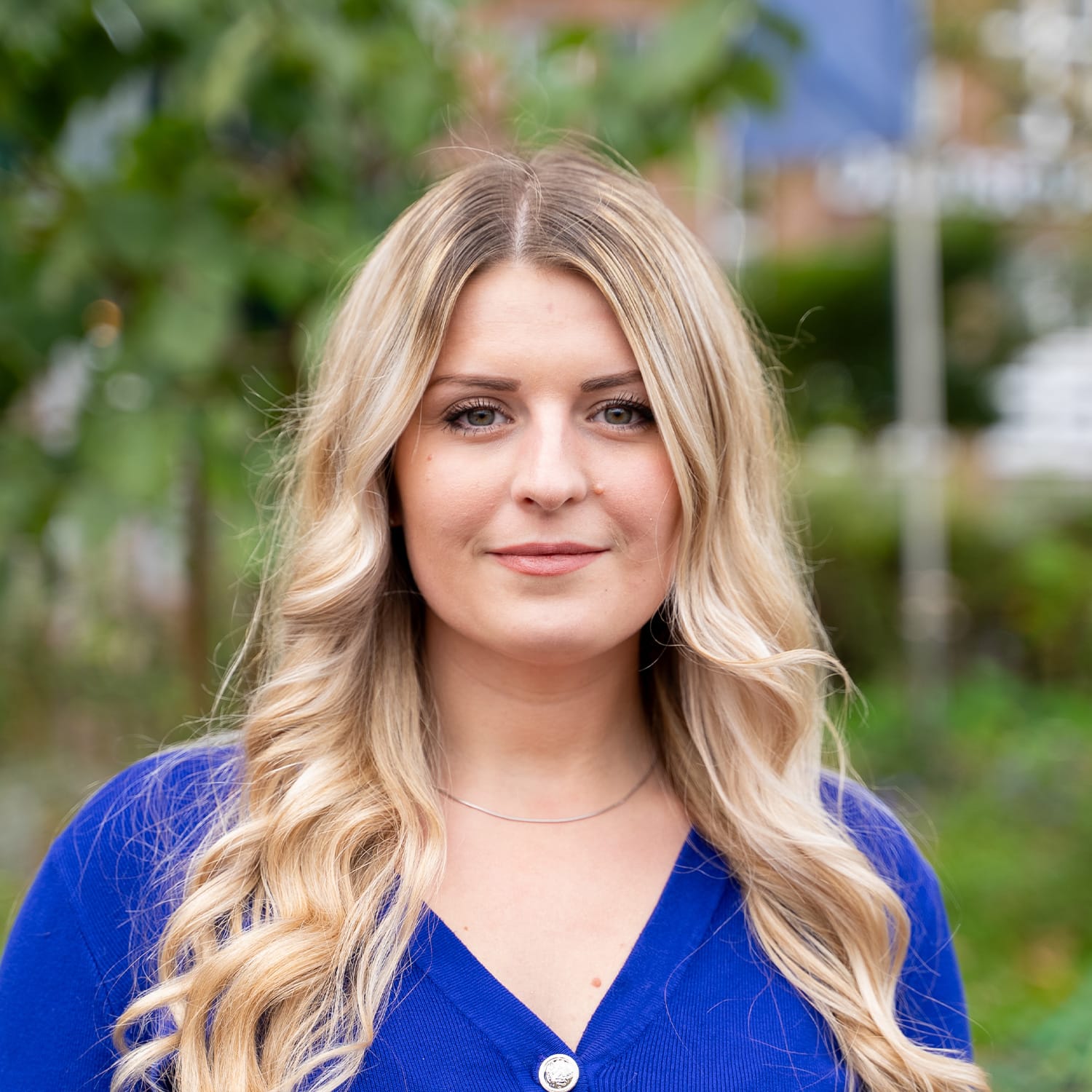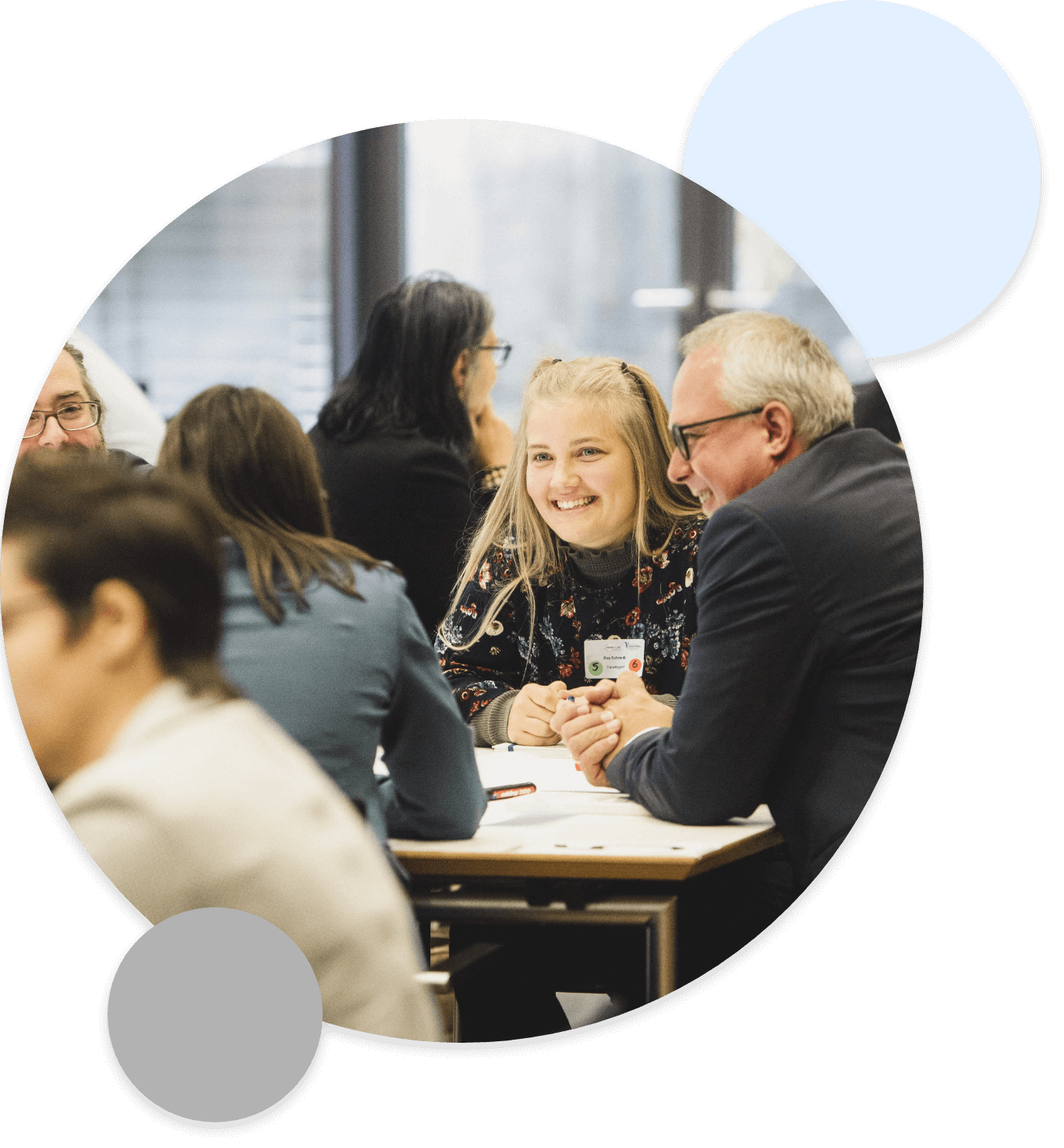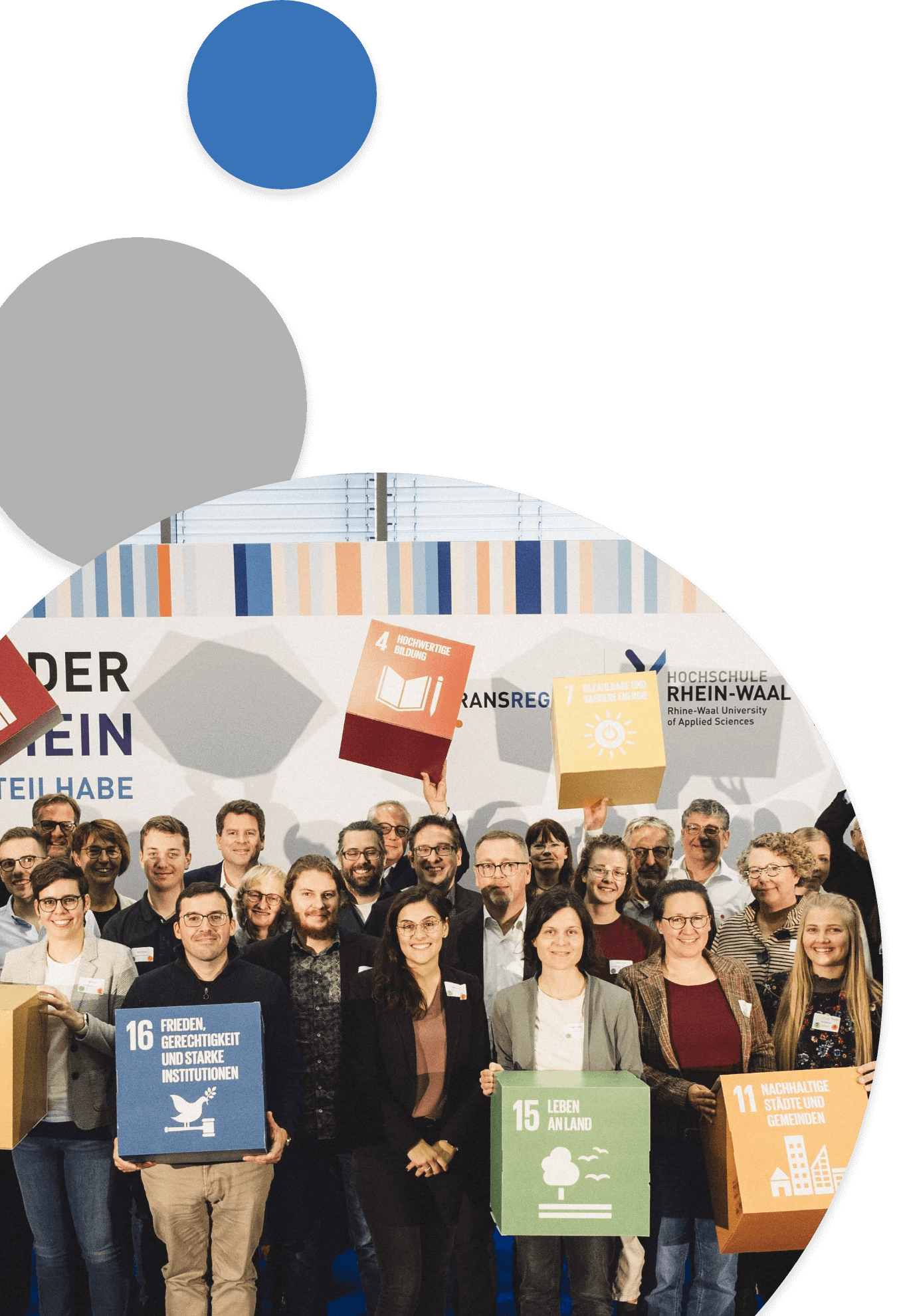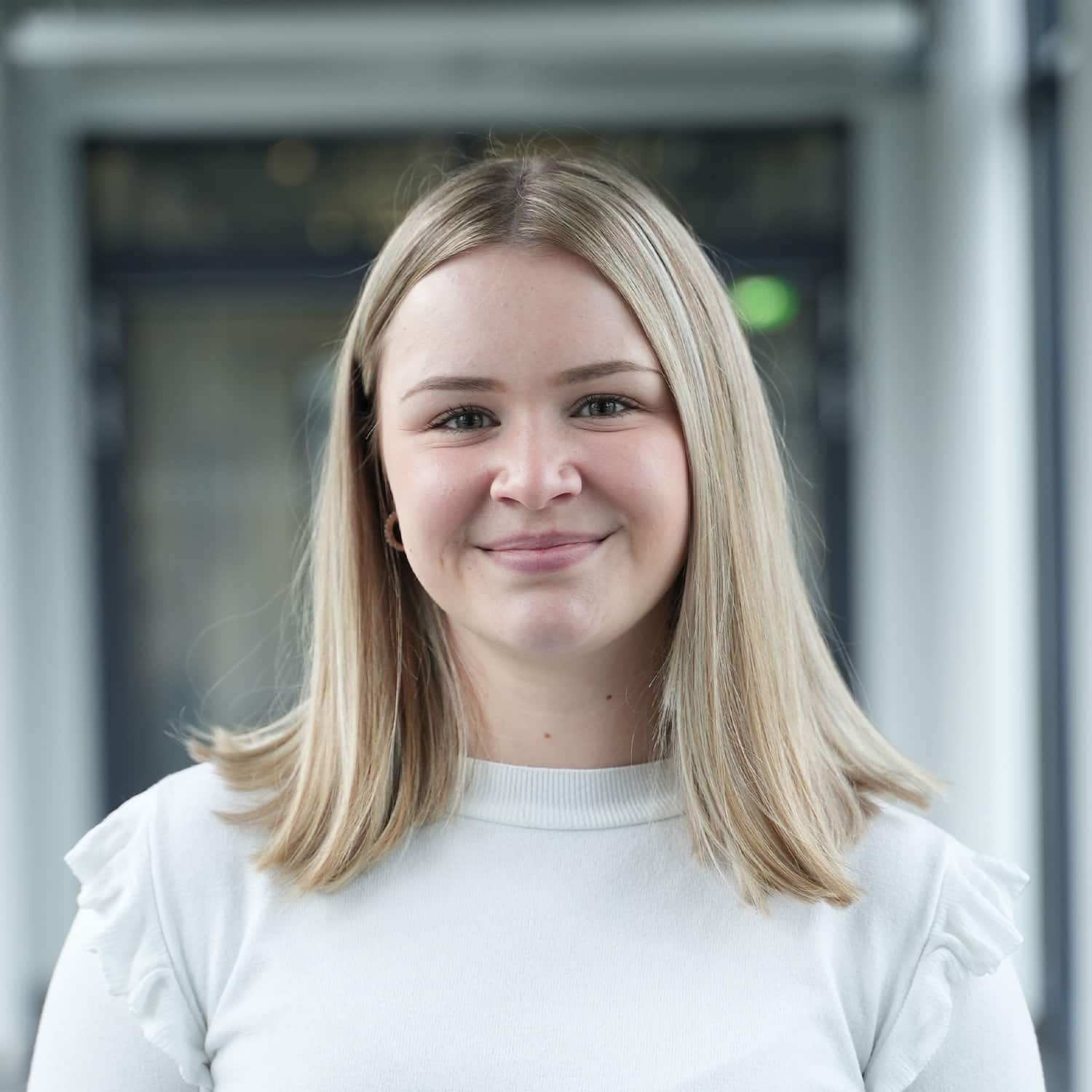
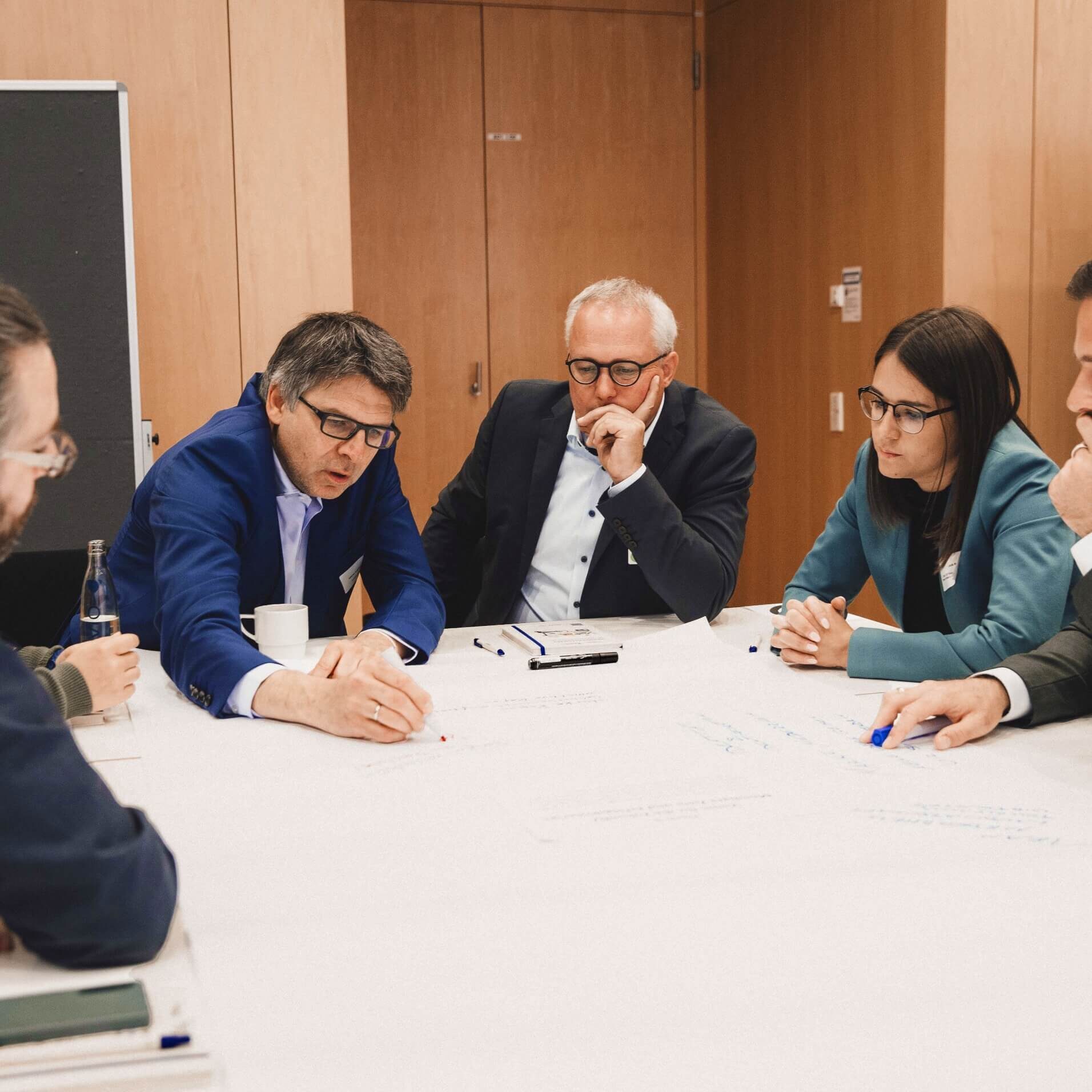
ZukunftsLab Niederrhein 2026
In 2026, the ZukunftsLab Niederrhein will be entering the next cycle!
Be a part of this exciting development and help us shape a sustainable future for the Lower Rhine together. We look forward to welcoming you to the next ZukunftsLab Niederrhein in October 2026.
Review: ZukunftsLab Niederrhein 2023
Lower Rhine residents united in favour of creative solutions
Our goal? To develop creative solutions for current challenges facing the Lower Rhine region. The first ZukunftsLab Niederrhein (19-20 October 2023) brought together partners and stakeholders from the region to discuss and develop innovative concepts for transformation. The aim was not only to develop new ideas, but also to bring together existing projects and ideas and connect them with each other.
Panel discussion, World Café and Makerthon
Panel discussions were on the agenda to kick off and conclude the ZukunftsLab Niederrhein. Stakeholders from the Lower Rhine region provided exciting ideas and perspectives. What are the challenges facing our region? This question was at the centre of the discussions. The participants from business, science, culture, and society defined challenges in various subject areas, such as sustainability education, environment and ecology or sustainable economy and innovation. Interdisciplinary teams then developed specific and innovative ideas for solutions to the defined challenges.
Oliver Locker-Grütjen: “When I walked into the workshop room, the word “madness” immediately came to mind. It’s amazing what’s happened here. We’re taking a lot away with us for the university. It all fits in with the topics that we want to advance at the university over the next few years.”
The ideas: Citizen buses, self-sufficient buildings, mobility concepts and more!
The ideas that emerged from the ZukunftsLab Niederrhein are as diverse as the region itself. The participants highlighted the challenges surrounding regional mobility, the energy supply, the circular economy, the housing market, and education with impressive solutions.
Mobile Communication Buses
How can we facilitate knowledge exchange on site?
The mobile communication bus “Greif-Bar” (a play on the German words for “graspable” and “bar”) is an innovative solution to facilitate the exchange of knowledge locally in the small towns and villages on the Lower Rhine. The bus travels through the most remote communities and provides a platform for networking. The bus’s low barriers are designed to promote a lively local communication culture.
AI-Mobile
How can AI expertise be expanded in the Lower Rhine region?
The idea of mobile AI is to create mobile locations (for example, an AI bus) to provide access to artificial intelligence (AI) in the Lower Rhine region. In addition to the mobile stops, fixed locations could be established that offer permanent AI education programmes with changing focal points to promote the sustainable expansion of AI expertise in the region.
Sharing Economy
How can a society share instead of own?
The sharing economy, also known as the collaborative economy, refers to an economic model in which people share resources, services, or products instead of owning them. These can be, for example, carpools, rental bicycles, community gardens or the sharing of tools and equipment. The sharing economy promotes the efficient use of existing resources and can contribute to a more sustainable way of life.
Modular educational offer
How can traditional education systems become a dynamic educational landscape?
The idea of a modular education programme strives for a flexible overlap between traditional education systems such as schools, vocational training, and higher education. The basic idea is for students to familiarise themselves with the everyday life of trainees and vice versa. That integration is intended to provide insights into different working environments and everyday work life, making it easier to acquire additional qualifications. This approach creates a dynamic educational landscape that better prepares students for the constantly changing demands of the workplace.
Self-sufficient building
Which existing buildings are suitable for conversion into self-sufficient and sustainable buildings?
The idea of a self-sufficient, sustainable building can be realised on an old farm, for example. The building can be equipped with solar cells to provide a sustainable energy supply with fruit and vegetable cultivation for food security and a water supply from a lake and stream for hydropower.
Another example could be an apartment block with three flats next to each other. Each unit has its own technical area with photovoltaic modules, a heat pump, a water storage tank and a battery storage system. A wind turbine supplements the energy generation, while a separate wastewater treatment plant ensures sustainable wastewater disposal. A monitoring system gives residents access to the energy data to make the technologies more transparent and heighten their awareness of sustainable living. The self-sufficient building thereby functions as a living real-world laboratory that is constantly evolving.
Circular economy
Can the necessary resources also be produced here in the region and which existing structures can be utilised for that?
An innovative platform aims to link local production with regionally available resources. The platform makes it possible to collect requirements and involves researchers to find out which raw materials can be replaced by local alternatives or recycled. The focus is on recovering valuable resources from waste and using them in upcycling processes for the development of consumer goods. These measures promote a sustainable circular economy that is based on local resources and converts waste products into valuable materials.
We continue to pursue the needs and ideas in TransRegINT. Stay up to date here!
Would you like to participate in the realisation of an idea? We look forward to hearing from you!
Thank you
We’d like to extend our gratitude to City2Science for their valuable support with content and their masterful moderation of the event. We’d also like to thank Altana AG for making their premises available and for the excellent catering. We deeply appreciate the cooperation and support of these partners.
Team ZukunftsLab Niederrhein
- Alle
- Project management / coordination

